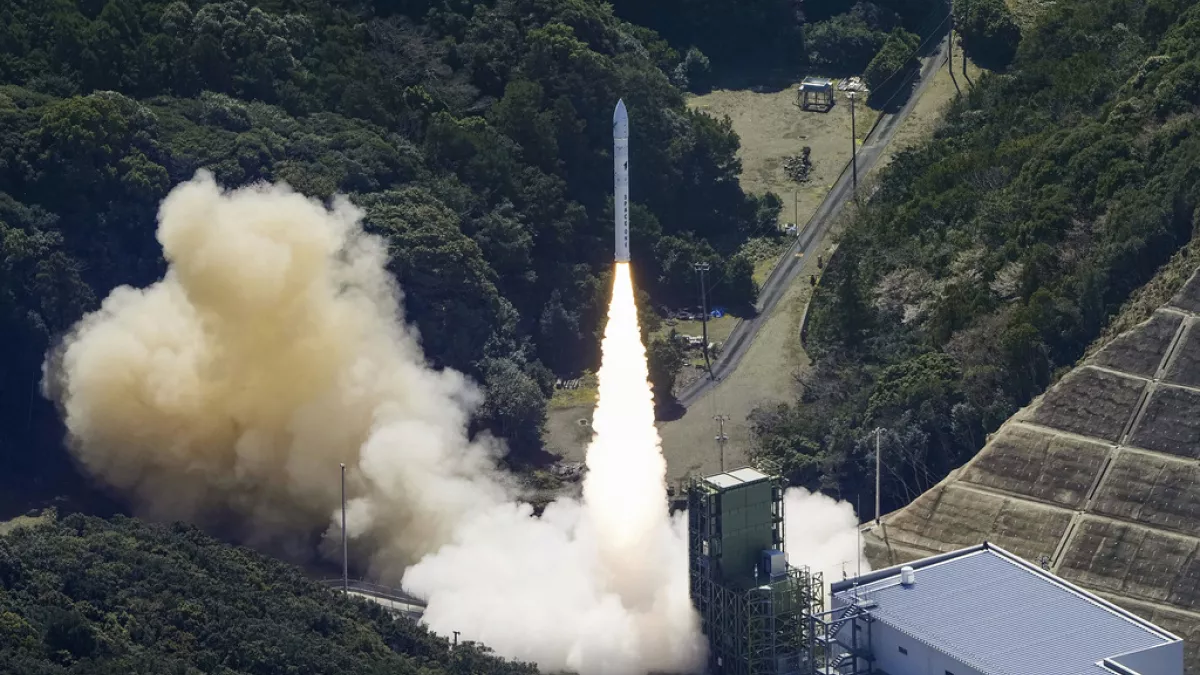A rocket manufactured by Tokyo-based company Space One exploded mere seconds after its launch, shattering hopes of placing a satellite into orbit.
In a disappointing setback for Japan’s ambitions in the commercial satellite launch market, a rocket manufactured by Tokyo-based company Space One exploded mere seconds after its launch, shattering hopes of placing a satellite into orbit.
The 18-meter Kairos rocket, named after the ancient Greek term for “the right moment,” was launched from Space One’s facility in the Wakayama region of western Japan. Intended to carry a small government test satellite, the rocket disintegrated in flames moments after liftoff, sending plumes of smoke into the surrounding mountainous terrain, as depicted in live footage.
Space One, in a statement, acknowledged the failure, citing an “aborted flight” and indicating that investigations into the incident are underway. Debris from the explosion fell onto the nearby slopes, triggering sprinklers to douse the area. Witnesses, including hundreds of spectators gathered at public viewing locations, expressed disappointment and a desire for clarity regarding the cause of the failure.
Such setbacks are not uncommon in the early stages of rocket development, a fact exemplified by companies like SpaceX. Nevertheless, the failure represents a setback for Japan’s aspirations to establish a competitive foothold in the lucrative commercial satellite launch sector.
The Kairos rocket had faced delays, reportedly due to parts shortages and technical issues, leading to five postponements prior to Wednesday’s ill-fated launch attempt. Despite the setback, officials from Kushimoto, the town near the launch site, expressed continued support for Space One, emphasizing their willingness to aid in future endeavors towards successful launches.
Space One, established in 2018 with the backing of prominent Japanese technology firms including Canon Electronics and IHI Aerospace, had aimed to challenge established players in the satellite launch industry.
The explosion of the Kairos rocket echoes a similar incident last July when another Japanese rocket, the solid-fuel Epsilon S, met a similar fate during a test. However, Japan’s space agency recently celebrated a milestone with the successful launch of its flagship rocket, the H3, following years of delays and previous failures.
This achievement followed Japan’s successful albeit sideways landing of an unmanned probe on the moon, solidifying its position as the fifth nation to achieve a “soft landing” on the lunar surface. Despite setbacks, Japan remains committed to advancing its space exploration efforts and commercial space industry ambitions.
